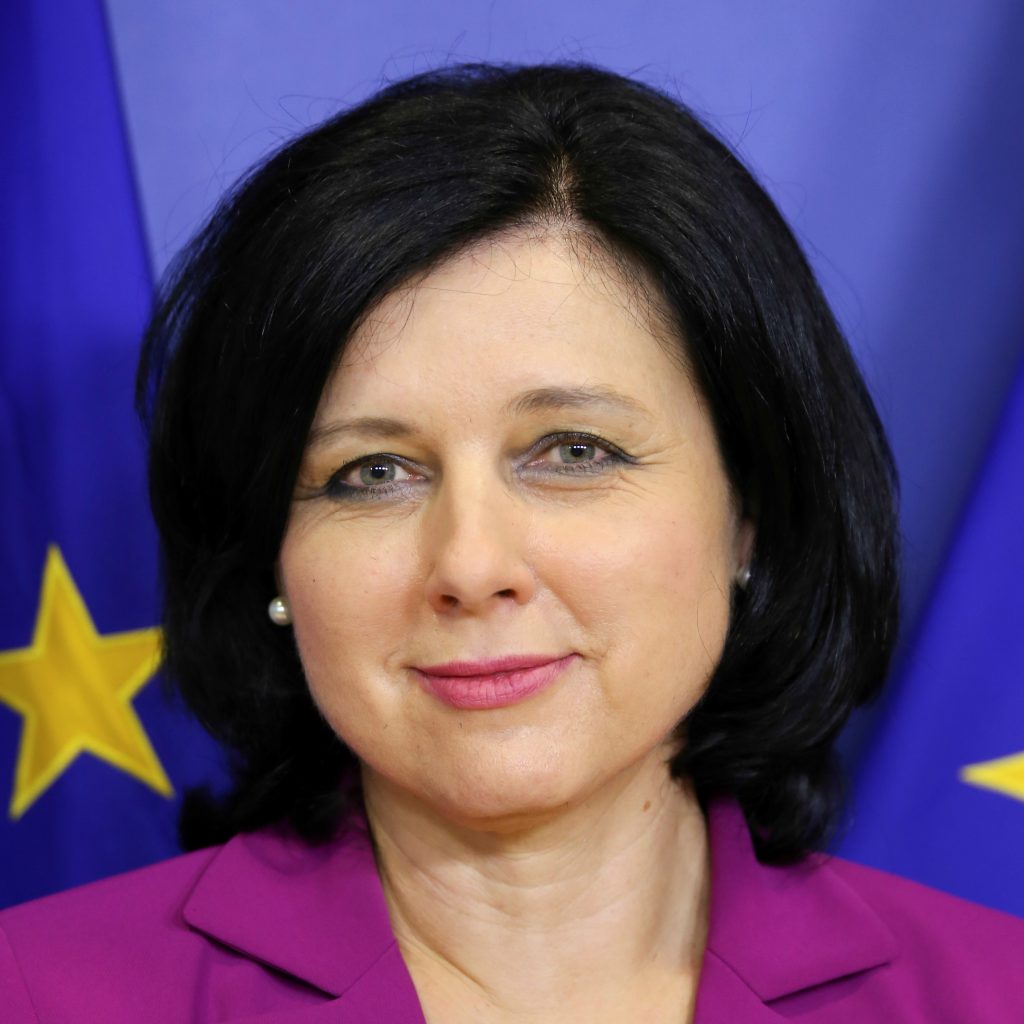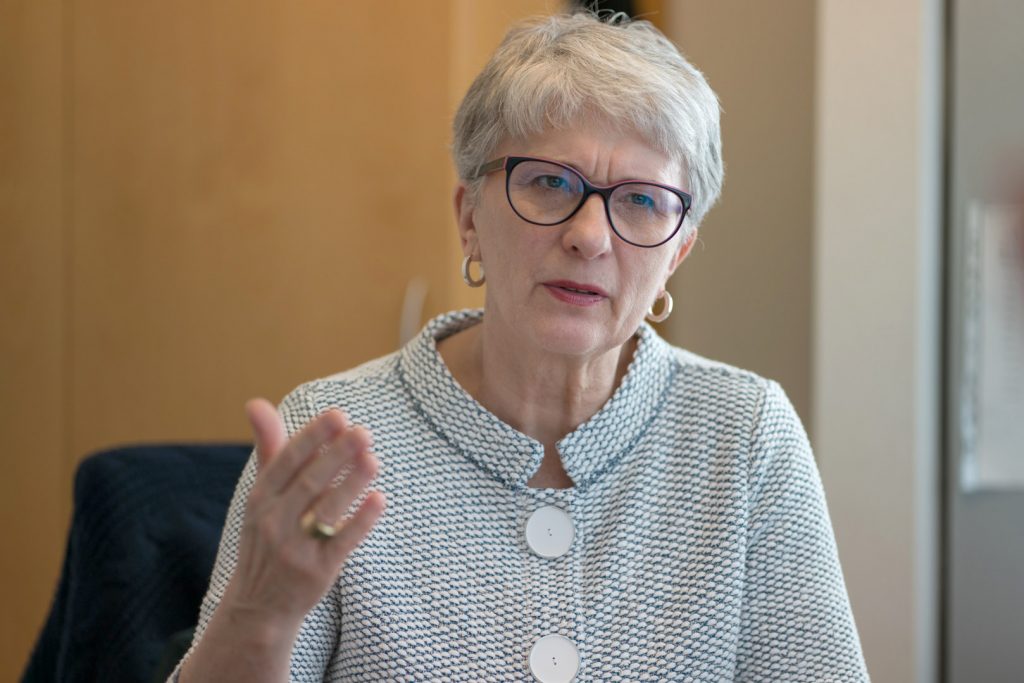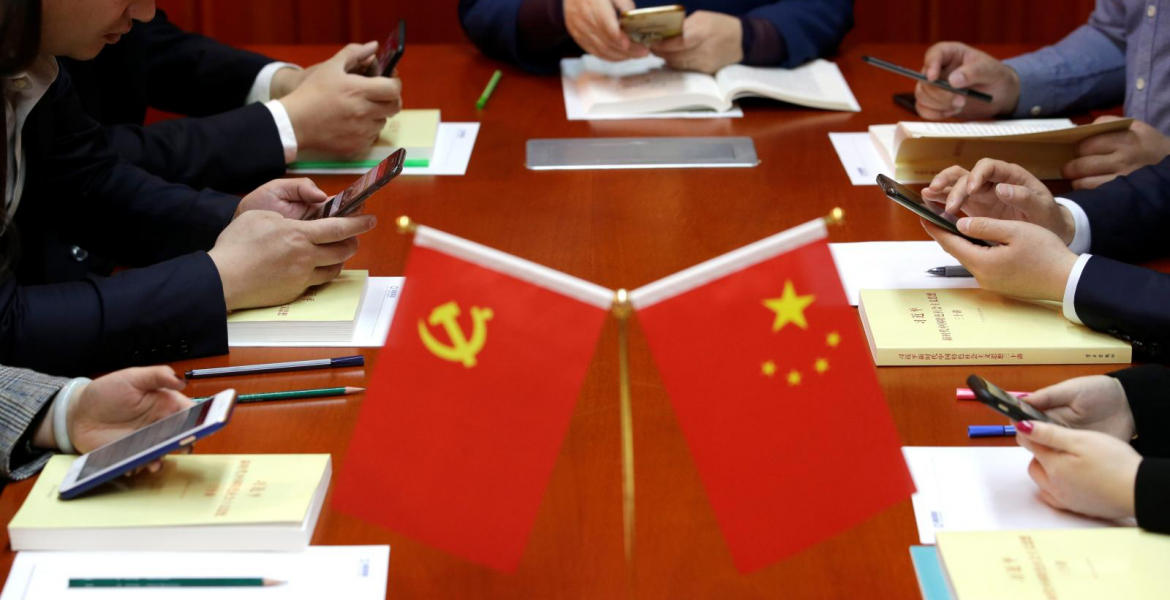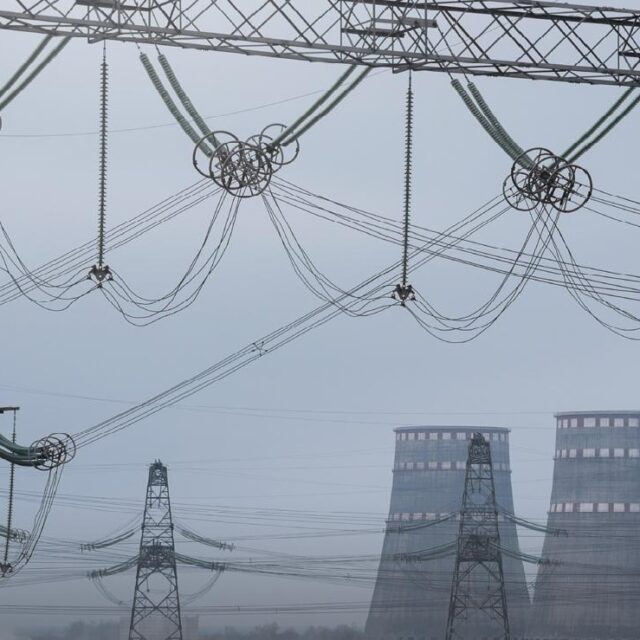Today, the Commission and the High Representative for Foreign Affairs Josep Borrell are assessing their steps to fight disinformation around the coronavirus pandemic and are proposing a way forward in a Joint Communication. The communiqué analyses the immediate response and proposes concrete action that can be quickly set in motion.
High Representative/Vice-President Josep Borrell said: “Disinformation in times of the coronavirus can kill. We have a duty to protect our citizens by making them aware of false information, and expose the actors responsible for engaging in such practices. In today’s technology-driven world, where warriors wield keyboards rather than swords and targeted influence operations and disinformation campaigns are a recognised weapon of state and non-state actors, the European Union is increasing its activities and capacities in this fight.”

Vice-President for Values and Transparency, Věra Jourová, said: “Disinformation waves have hit Europe during the Coronavirus pandemic. They originated from within as well as outside the EU. To fight disinformation, we need to mobilise all relevant players from online platforms to public authorities, and support independent fact checkers and media. While online platforms have taken positive steps during the pandemic, they need to step up their efforts. Our actions are strongly embedded in fundamental rights, in particular freedom of expression and information.”
The coronavirus pandemic has been accompanied by a massive wave of false or misleading information, including attempts by foreign actors to influence EU citizens and debates. The crisis has become a test case showing how the EU and its democratic societies deal with the disinformation challenge. The following aspects are key for a stronger and more resilient EU: understanding the phenomenon, communicating, cooperating, ensuring transparency, ensuring freedom of expression and pluralistic democratic debate and empowering citizens. The actions proposed today will feed into future EU work on disinformation, notably the European Democracy Action Plan and the Digital Services Act.
Commenting on the European Commission’s plan on tackling COVID-19 disinformation, MEPs Sandra Kalniete and Axel Voss said: “The EPP Group welcomes the plans to step up European efforts to counter disinformation, in particular with regard to the COVID-19 pandemic, but has asked for binding rules for social media platforms and a tougher foreign policy stance towards Chinese and Russian disinformation”.
“It must be an EU foreign policy priority to counter China’s and Russia’s deliberate spread of false information. Their aim is to destabilise Europe and the international order. Fighting disinformation is vital, not only to protect the EU’s future but also people’s lives during the pandemic”, stressed Kalniete, EPP Group Vice-Chair for Foreign Affairs.

“If we don’t succeed in this, every aspect of our democracies and European way of life are threatened, starting from elections, to IT infrastructure, our privacy and day-to-day business”, she continued.
“We strongly support the proposal by the European Commission asking dominating social media platforms to report monthly on COVID-19 misinformation. Social media platforms must be held responsible for the disinformation they disseminate. We need binding EU rules for this”, underlined Voss, EPP Group Spokesman on Legal Affairs.
“Fake news has made it increasingly difficult to spread reliable information on the virus, thus putting the health of our citizens at risk. The bigger the platform, the greater the audience that receives false narratives which should automatically result in a greater responsibility of those dominating platforms to combat fake news. Social media platforms must take down false information, shut down bot-nets and stop earning money from adverts from accounts that spread political disinformation”, added Voss.
“The EU must strengthen its own capacities to detect, expose and fight disinformation. This costs money and appropriate human resources, and also requires better coordination and cooperation within the EU and beyond. The EPP Group will be eager to play an active role in facilitating this as it already has in the past”, concluded Kalniete.
Ben Packer, a partner at Linklaters who advises technology firms, commented: “Covid-19 has been an extraordinary test for social media platforms. In the face of a global health emergency, companies have rightly adopted a tough stance on disinformation. Social media platforms have demoted content that has been fact-checked as false or misleading, limited adverts that promote false products or services and promoted accurate information about Covid-19 from public health organisations.”
“However, policymakers globally do not believe this has been enough to limit the influence of bad actors who have sought to spread mistruths during the crisis. The EU has today called out the role of foreign state actors, in spreading disinformation, as well as those who seek to make financial gain.”
The EU is asking social media platforms for further transparency on the steps they are taking, including producing detailed monthly reports on the actions they are taking to tackle disinformation about Covid-19, and is encouraging relevant stakeholders who are not yet signatories to the voluntary Code of Practice on Disinformation to participate. Today’s requests are for platforms to take these steps voluntarily, but the EU is expected to unveil broader regulation of the sector later this year. In the meantime, the debate will only intensify about how far platforms should go to police the content on their sites.”




